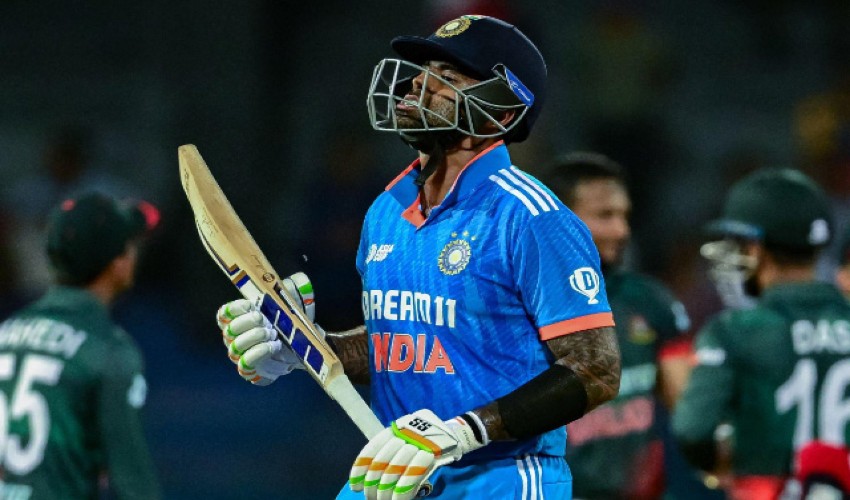English cricket authorities have committed to a comprehensive overhaul of the sport following a scathing report that exposed racism, sexism, classism, and elitism within cricket.
The Independent Commission for Equity in Cricket (ICEC) published its findings in June, revealing widespread discrimination in the sport.
Established by the England and Wales Cricket Board (ECB) in 2021, the ICEC made 44 recommendations, including a demand for an "unqualified public apology" from the ECB for its shortcomings, which the board promptly issued.
The ECB's response to the ICEC report, released on Monday, outlines its commitment to implement most of the commission's recommendations. Among the proposed changes, the ECB plans to establish a new independent cricket regulator, separate from the governing body, responsible for enforcing regulations and conducting investigations.
Additionally, the ECB has pledged to invest a minimum of £25 million ($30 million) annually beyond projected women's cricket revenues to promote women's and girls' cricket across all levels. The organisation also intends to enhance equality, diversity, and inclusion standards for county teams, including more ambitious targets for gender and ethnic diversity, with the authority to relocate matches from venues if non-compliance is identified.
However, the ECB did not endorse all of the ICEC report's recommendations, particularly those related to equal pay for male and female players. The ICEC called for equal average pay at the international level by 2030 and equal average pay and prize money in domestic cricket by 2029. While match fees for England's women in international matches are already equal to those of their male counterparts, the ECB has not fully committed to achieving these financial equality targets.
ECB CEO Richard Gould acknowledged the gravity of the ICEC report, stating, "We think we are on a journey to try to change history in terms of what cricket looks like and will look like." ECB Chairman Richard Thompson reiterated the organisation's apology and pledged to make cricket the most inclusive sport in England and Wales.
However, Azeem Rafiq, the cricketer at the centre of the racism scandal that prompted the ICEC investigation, expressed disappointment with the ECB's response. He found it lacking in detail and strong commitments, particularly regarding the independence of the new regulator and addressing the underlying issues that led to the report's findings. Rafiq emphasised the need for more substantial action to address discrimination in cricket comprehensively.



























